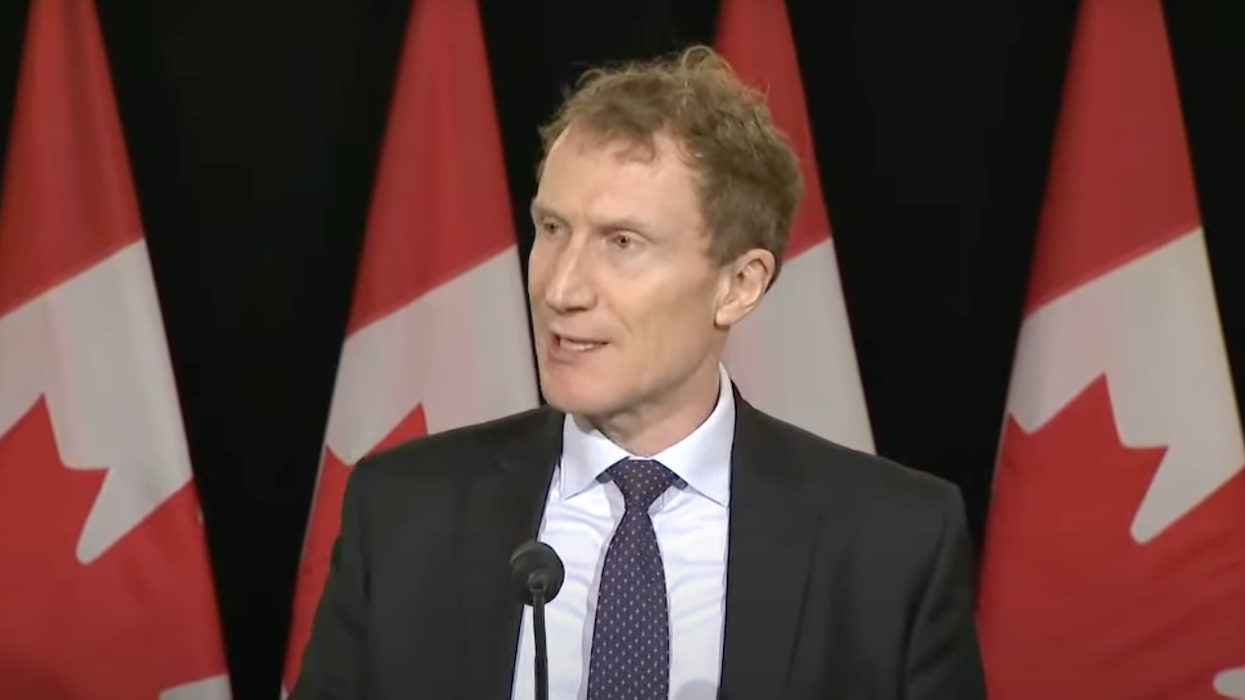The federal government is introducing a two-year cap on international students, Immigration Minister Marc Miller told reporters on Monday morning. For 2024, the cap is expected to bring the number of approved study permits down to 364,000, which would be a 35% decrease over 2023’s level.
The cap will not apply to current study permit holders, including those who are interested in extending their studies in Canada. The number of new study permit applications that will accepted in 2025 will be reassessed at the end of this year.
“In the spirit of fairness, we are also allocating the cap space by province based on population,” Miller said. “Some provinces will see much more significant reductions. We'll continue to work closely with those provinces and territories to put these measures into place as they will be responsible for determining how the cap is distributed between its designated learning institutions that they have jurisdiction over.”
Miller mentioned that he’s been in talks with officials in Ontario and British Columbia already, and the consensus is that more needs to be done to properly support international students and cut down on “bad actors” — and more specifically, private colleges that are making money “hand over fist” off of international student enrollment.
“Clearly, in the last decade or so — even longer — post-secondary institutions in Canada have been underfunded by provinces. And these institutions are smart, and they've gone and they've seen that they can get tuition fees that are four or five times more than what my kids pay at McGill or Acadia, and they've made money off it,” Miller said. “And they haven't necessarily provided the student experience that was promised to these people that have been brought in… so it's a system that has some real integrity issues.”
Miller told reporters that the new cap will not apply to students in graduate levels of studies, including masters and doctoral students, as those are the “bright people” the country hopes to retain. Study permit applications at the elementary and secondary school levels will also be exempt from the cap.
In addition, Miller said, postgraduate work permits will no longer be available to public-private institution models effective September 1, 2024. He also said that in the coming weeks, the feds will formally announce that open work permits will be exclusively available to spouses of international students enrolled in master's and doctoral programs, as well as professional programs such as medicine and law.
The cap is “the latest in a series of measures to improve program integrity and set international students up for success,” Miller added, while also helping the country to maintain a “sustainable level” of temporary residents.
“These measures are not against individual international students, they are to ensure that as future students arrive in Canada, they receive the quality of education that they signed up for, and the hope that they were provided in their home countries,” Miller said. “It would be a disservice to welcome international students in Canada knowing not all of them are getting the resources they need to succeed in Canada and having them return home disillusioned and disappointed in Canada's education system. Allowing bad actors to continue their operations would be a disservice to all the good institutions who pride themselves in providing a top-tier academic experience.”
Monday’s announcement comes around five months after Housing Minster Sean Fraser first floated the idea of a cap at Prime Minister Justin Trudeau’s cabinet retreat in Charlottetown. In speaking to reporters that week, Fraser expressed that a cap on international students was something the feds were considering (international student enrolments were in the ballpark of 900,000 at the time).
More recent figures from Immigration, Refugees and Citizenship Canada show that international student enrolments for 2023 have already sailed past the one-million-mark.





















